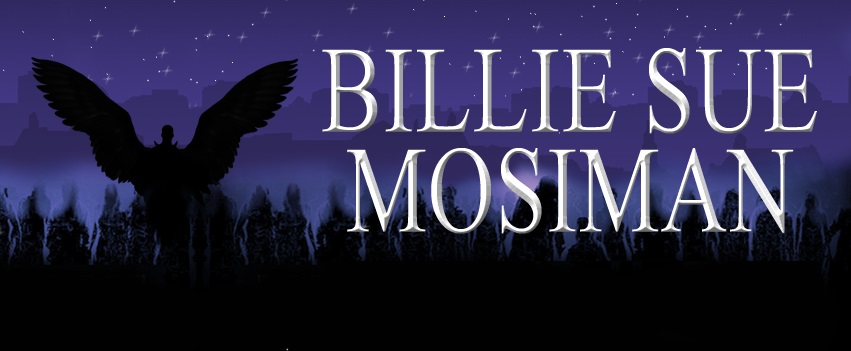Nature is part of our humanity, and without some awareness and experience of that divine mystery, man ceases to be man.
Henry Beston (1888-1968) - The Outermost House
Today I had some few insights into the life of a creative artist. I had watched an episode of the TV show, American Horror Story, and marveled at the beginning of the story that intrigued and then the ending, that was just awesome. Awesome is an overused word today, I know, but it just fits some things and the ending of this particular episode (Four in Season Three) was simply awesome.
It led me to think about all storytelling and what makes it good. First of all, just like in AHS, it must open with intrigue. It must tantalize us to keep watching or reading. And the ending should be awesome. If we fail in either instance, the whole story falls apart. Of course the center of the story is the meat, but it's also a bridge between the intriguing beginning and the unexpected, and awesome ending.
Later today I contemplated a close up photo of a house plant leaf (seen above). When we look at nature we should recognize how far we fall below perfection when we, as humans, create. No matter how hard we try or how near perfect we might get, we can never reach the perfection that is found rampant in nature. This leaf I studied had purple veins and branching off the smaller veins were red-purple. The majority of the leaf was dark pink but over each tiny segment separated by the different intertwining veins, there were brown splotches on the pink. Then at the edge of the leaf was a frosting of mint green ruffle, setting off all the pink and purple and brown. The perfection caused me to marvel at the leaf and think even down on the molecular level all things in nature are made perfect.
The artist, on the other hand, creates something artificial and Unnatural when he writes a story or novel. He has the richest of tools in the language at hand, and he has a whole suitcase of tricks and methods. He knows his opening should be intriguing. That is the least it should be and it can be even more than that sometimes, much more. His middle should be meaty and full of action and event and revelation, everything meshing together like well-behaved gears in a machine. The ending has to be as close to perfection as he can make it--a culmination of all things, a satisfying conclusion to a story well told. But will her story be as perfect as a leaf, a tree, a blade of grass, a drop of rain? It most certainly will not, no matter how we insist it must be, it has to be, we worked so hard to make it so. We might be perfect creatures in our own right, the same as the leaf, but what we create can never be a rival to the natural world. Our job then, it seems, is to come as close as we can to imitating that natural world, using all our tools and skills we have to push and pull the language and the storytelling into a semblance of reality that is not reality, not perfect, and never can be.
It's daunting to be a writer. To know, for certain, you can never write a perfect thing, whether it be poem, story, novel, or script. You try, because you are a creation writing creatively, but perfection eludes us all.
We can write intriguing openings, riveting middles, and awesome endings, but we cannot make the beauty and perfection of a leaf. Yet even imperfections give us hope and we keep trying, like the leaf keeps trying to lean toward the light and hungers for the rain, we lean in close and expect to receive something beautiful, something...almost...perfect.
"The serenity produced by the contemplation and philosophy of nature is
the only remedy for prejudice, superstition, and inordinate
self-importance, teaching us that we are all a part of Nature herself,
strengthening the bond of sympathy which should exist between ourselves
and our brother man. . . "
Luther Burbank (1849-1926) - "How to Produce New Trees, Fruits and Flowers"

